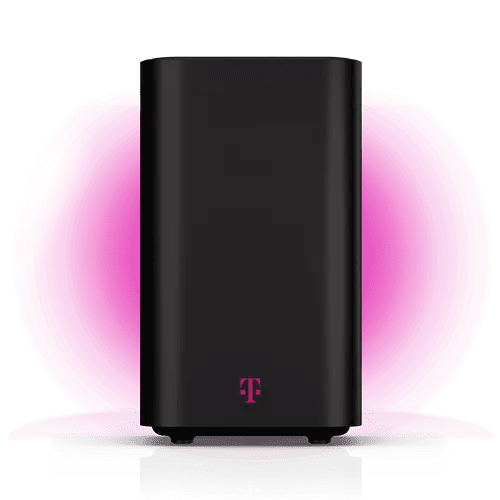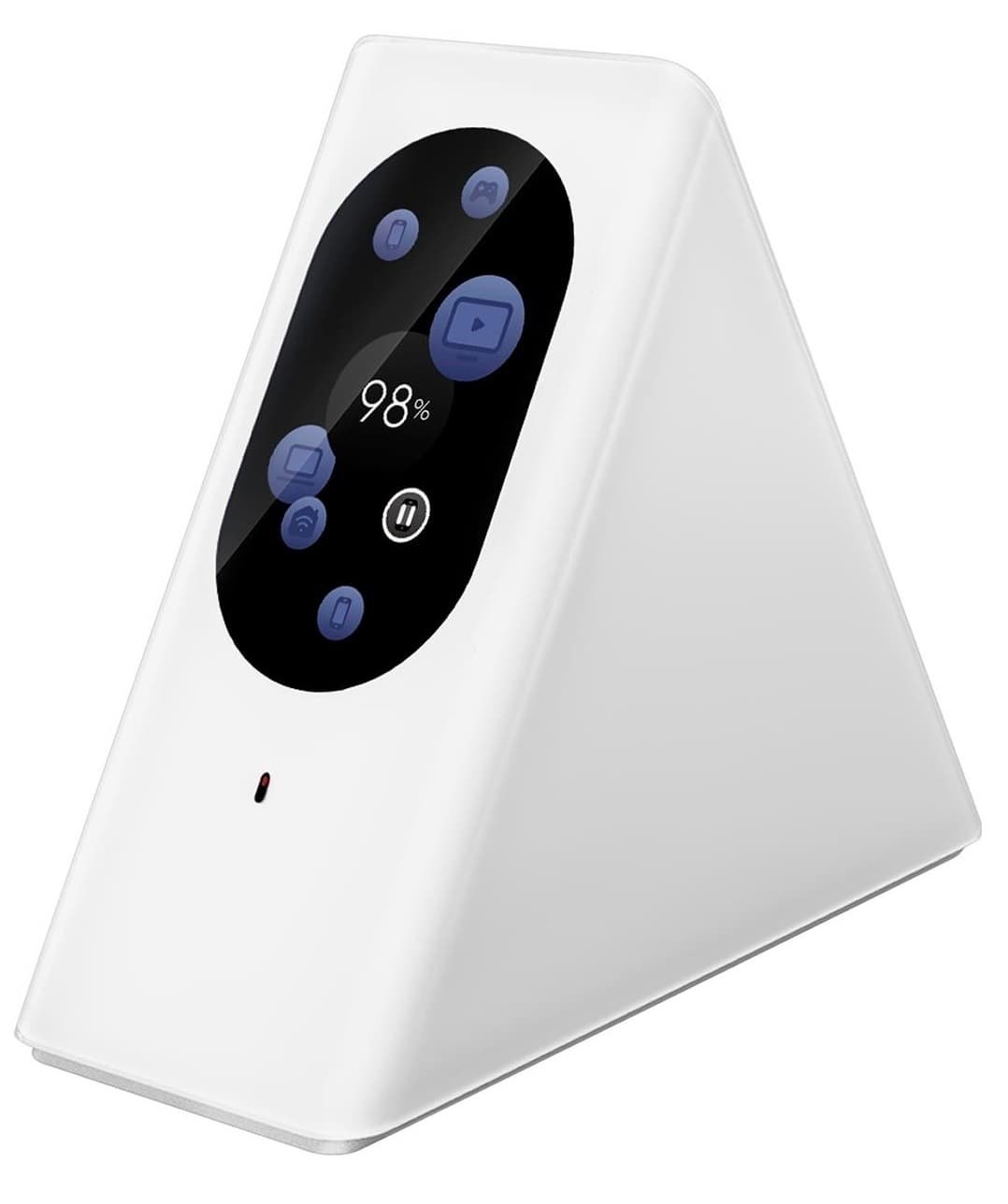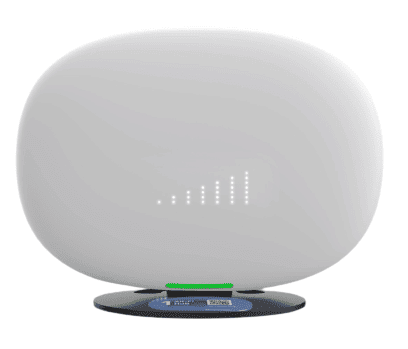In recent years, 5G home internet has offered users unprecedented wireless speeds that rival traditional wired connections. As the modern wave of wireless home internet continues to swell and cover more households, early adopters can get their hands on 5G home internet with the providers below.
T-Mobile 5G Home Internet

T-Mobile 5G Home Internet uses its 5G cellular network to provide residents with a fixed Wi-Fi connection. Users access its network through a T-Mobile Gateway device that’s easy to set up and connect. Its plan costs $50 per month with an AutoPay discount, and T-Mobile 5G Home Internet customers can find various sign-up perks for even more savings. Depending on location, T-Mobile 5G Home Internet offers download speeds that average between 133 Mbps and 415 Mbps.

Verizon 5G Home Internet

Verizon 5G Home Internet connects users to its 5G Ultra Wideband network, which Verizon advertises to be 10 times faster than its 4G network. Verizon includes the cost of its router in the monthly cost, which starts at $50 per month with an AutoPay discount and a two-year price guarantee. Verizon 5G Home Internet plans also come with multiple discounts and deals. Download speeds range between 300 Mbps and 1 Gbps.

Starry Internet
Starry Internet is the only provider that doesn’t have an established cellular presence but it’s still a competitive provider in the 5G home internet space. It offers download speeds up to 1 Gbps for only $45 a month, including a router and installation. New customers can get reimbursement for early termination fees from their previous provider when they switch to Starry’s 5G home internet service.

AT&T Internet Air
AT&T Internet Air is the newest 5G home internet option to hit the block, and it’s making waves with easy self-installation, quick speeds, and no contracts or data caps. Powered by AT&T’s extensive 5G network, AT&T Internet Air reaches speeds between 90 and 300 Mbps, and it only costs just $55 per month with AutoPay. While it might not have the reach of T-Mobile 5G Home Internet yet, it is quickly becoming a major competitor in the 5G Home Internet space.

T-Mobile 5G Home Internet vs. Verizon 5G Home Internet
T-Mobile 5G Home Internet and Verizon 5G Home Internet come equipped with established cellular pedigrees, but the latter pulls ahead regarding download speed. Both providers offer discounted mobile plans when paired with 5G home internet service. Both providers offer two plans with differing capabilities. Verizon 5G Home Internet’s download speed range of 300 Mbps to 1 Gbps is faster than T-Mobile’s range of 133 Mbps to 415 Mbps.
Verizon 5G Home Internet vs. Starry Internet
Verizon 5G Home Internet pulls ahead in speed compared to Starry Internet. The former offers download speeds between 300 Mbps and 1 Gbps, whereas Starry Internet’s download speeds go up to 200 Mbps. Where Starry takes the lead, however, is in price and flexibility. Its $50-per- month service with no monthly contracts is more affordable than Verizon 5G Home Internet’s highest-tier plan, which costs $70 per month with an AutoPay discount.
Starry Internet vs. T-Mobile 5G Home Internet
Starry Internet offers a comparable 5G home internet service to T-Mobile 5G Home Internet for a lower monthly price. Its service starts at a $45-per-month promotional price for download speeds up to 1 Gbps. This makes it both more affordable and faster than T-Mobile 5G Home Internet’s download speed range of 72 Mbps to 245 Mbps for $50 per month after the AutoPay discount. In terms of sign-up perks, T-Mobile 5G Home Internet offers up to $500 reimbursement for early termination fees when customers switch, which exceeds the $200 maximum that Starry Internet offers.
What to Know About 5G Home Internet
As 5G coverage expands, more competitive 5G home internet options are likely to become available to internet users. None of the providers listed above include data caps in their services nor require an annual contract, and download speeds already match that of some fiber and cable internet plans. Instead of dealing with a frustrating installation process, 5G home internet users only need to plug in their wireless gateway device to immediately connect to the internet – a true plug-and-play experience. For users who desire a sleeker, less complicated option than wired internet service, or for residents living in rural areas where DSL and satellite internet used to be the only options, 5G home internet is quickly becoming a viable and desirable alternative.

5G Home Internet Availability Map
The biggest disadvantage facing 5G home internet today is its exclusivity – few cities have an established 5G presence. Major metropolitan areas like Los Angeles, Chicago, Minneapolis, and New York offer 5G home internet access, just to name a few. The good news is that providers like Verizon 5G Home Internet and T-Mobile 5G Home Internet have continued to expand outwards from these cities, reaching underserved corners of the U.S. Use the map below to find out if 5G home internet is available in your area.
Frequently Asked Questions About 5G Home Internet
Are you a journalist or researcher writing about this topic?
We'll connect you with a broadband market expert on our team who can provide insights and data to support your work.
